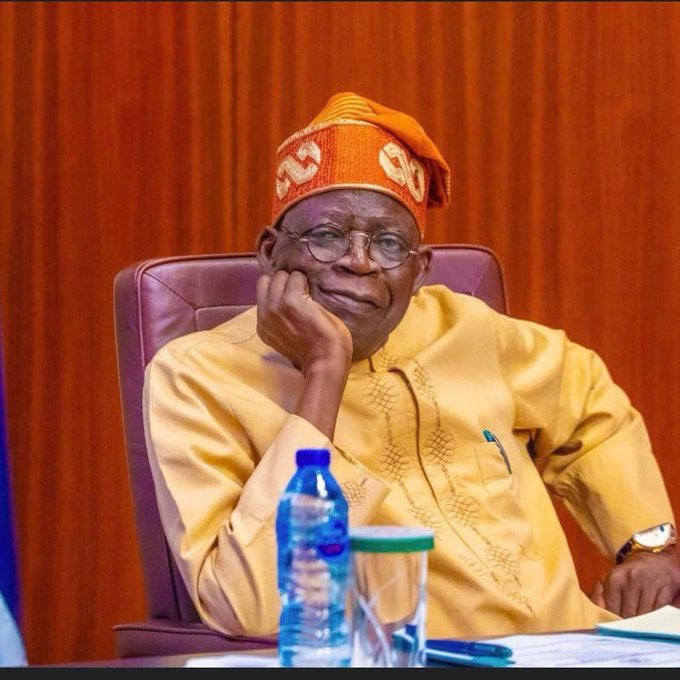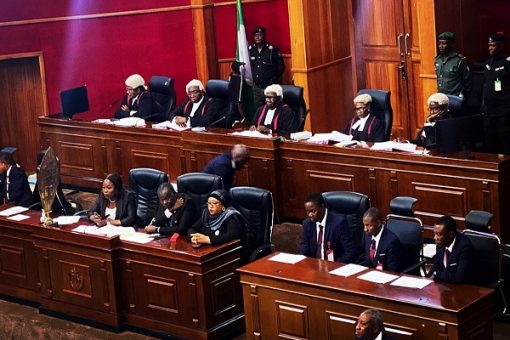Despite Nigeria’s public debt soaring to N97.34 trillion in the first quarter of 2024, financial experts assert there is no cause for alarm. The debt, comprising domestic and external obligations of the Federal Government, 36 state governments, and the Federal Capital Territory (FCT), includes N20.1 trillion borrowed domestically by President Bola Ahmed Tinubu’s administration in its first year, marking a 117% increase from the previous year.
Nigeria, burdened with the highest debt in Africa at $2.6 billion owed to the International Monetary Fund (IMF), is projected to see its public debt to GDP ratio rise to 46.6% this year and 46.8% next year. Despite this, experts interviewed by the News Agency of Nigeria (NAN) maintain an optimistic outlook.
Samuel Agbelaye, President of the Chartered Institute of Taxation of Nigeria (CITN), and Okechukwu Unegbu, CEO of the Centre for Private Enterprises and former President of the Chartered Institute of Bankers of Nigeria (CIBN), urge Nigerians not to worry. Agbelaye emphasizes the importance of using loans judiciously for development, stating, “Despite the rising debt, the country is yet a going concern and the indices and outlook of the economy are not as bad as people claim. The loans are for developmental purposes that will add value to the economy.”
Agbelaye advises focusing on how the government plans to increase its cash flow to meet projected revenue rather than the debt itself. Dr. Yusuf adds that borrowing is unavoidable given the deficit budget, noting, “The current loan expected to be secured by the government is part of the foreign borrowing plan of the 2024 deficit budget to bridge the financing gap. Foreign loans are usually more concessionary, with low rates tied to specific projects.”
Yusuf suggests that increasing oil and gas output and addressing oil theft in the Niger Delta region could reduce the need for borrowing. Unegbu advocates for innovative financing solutions, recommending private equity financing for infrastructure projects instead of foreign loans. He also urges the government to cut down on ostentatious spending to free funds for development.
The Federal Government plans to secure more loans from international partners, including a proposed $2.5 billion loan from the World Bank for economic stabilization and resource mobilization reform programs.




